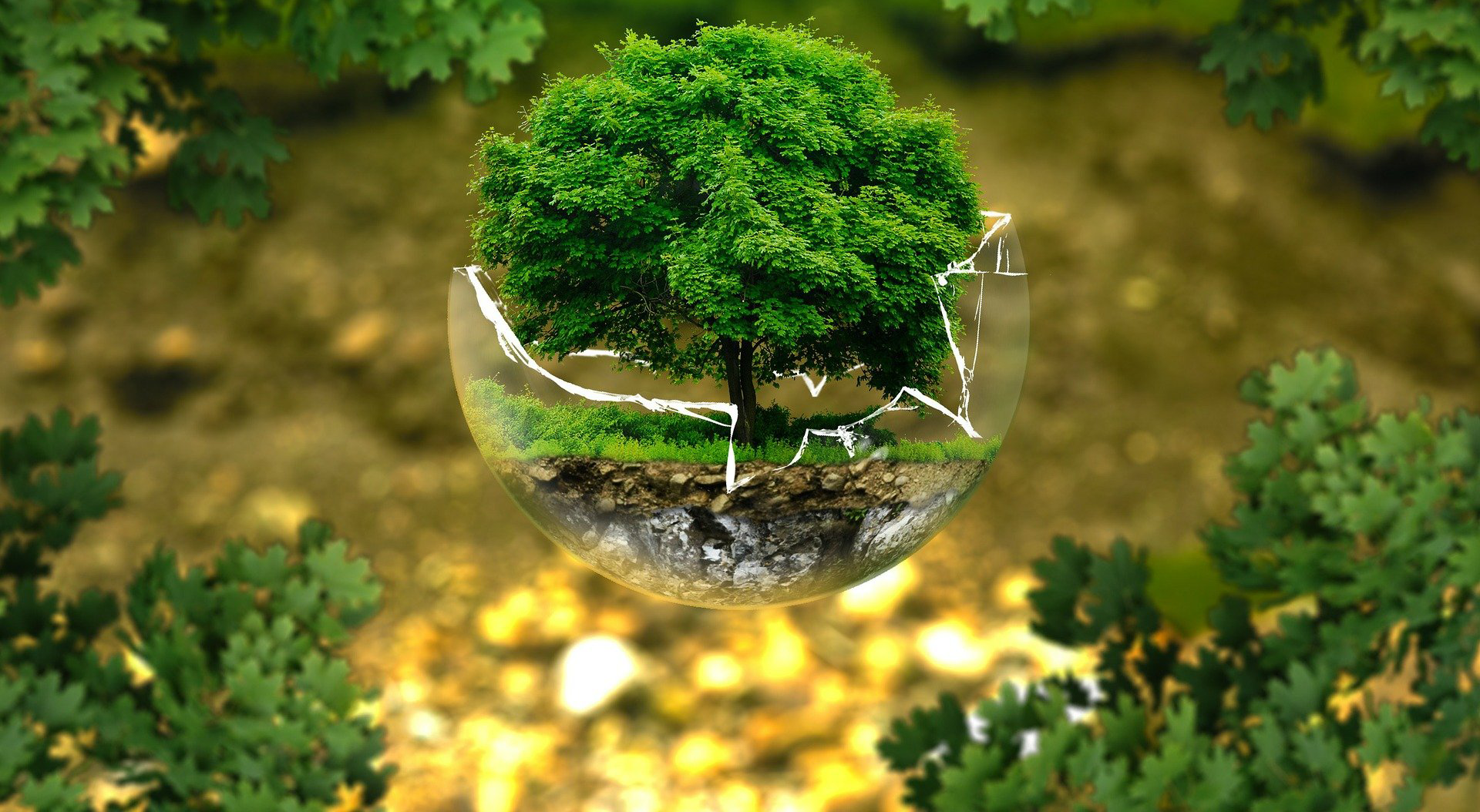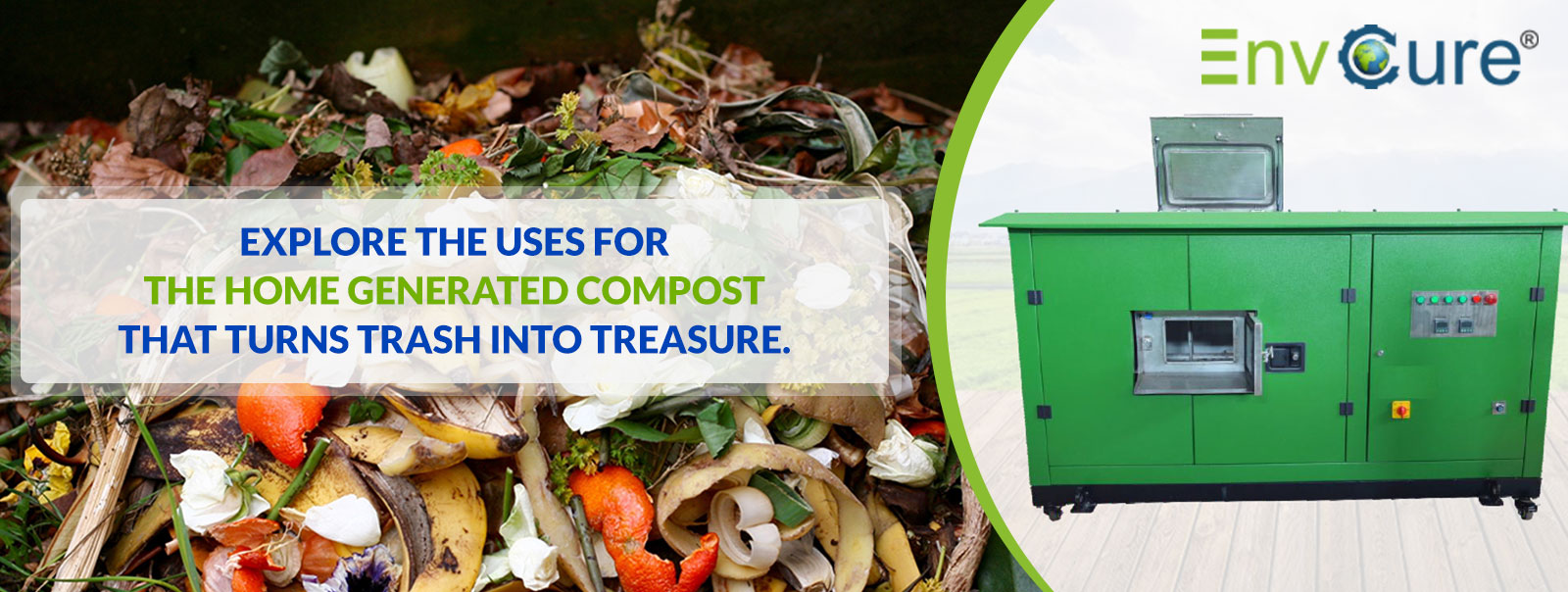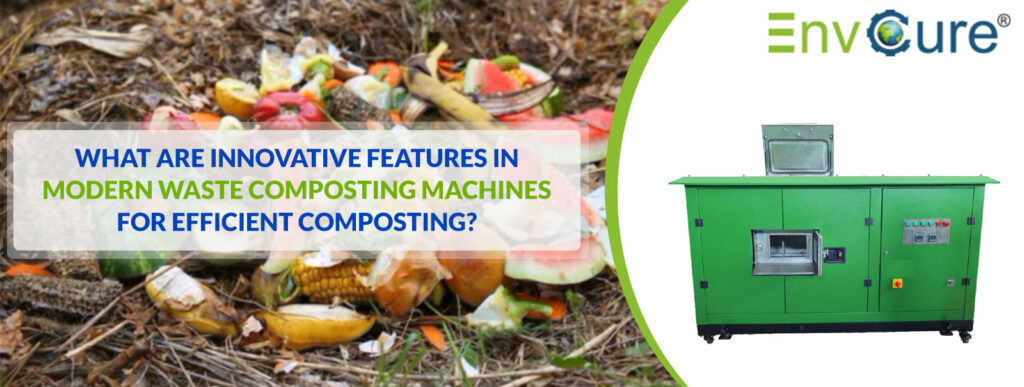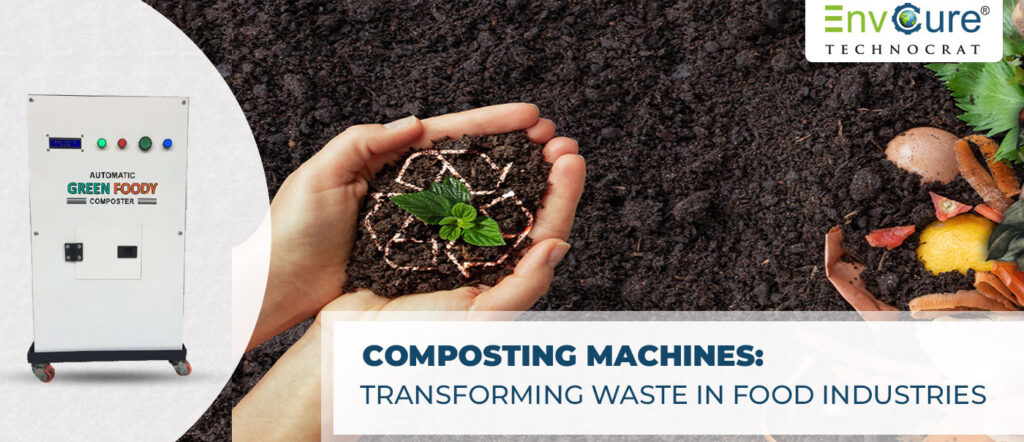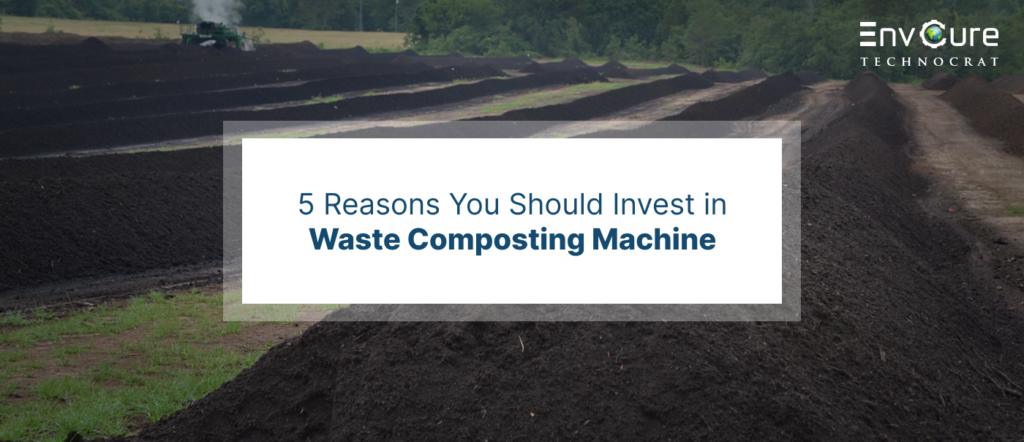In our homes, we often overlook the potential hidden in the everyday scraps and leftovers. Kitchen peels, garden trimmings, and other organic remnants, typically seen as waste, hold a secret: they can be transformed into something valuable. This article delves into the world of home waste composting, a simple yet impactful practice that can turn your everyday trash into a nutrient-rich treasure for your garden.
The Basics of Home Composting: A Step-by-Step Guide
Engaging in home waste composting is akin to embarking on a journey of ecological mindfulness. It begins with selecting a suitable spot for your compost bin or pile, ideally in a dry, shaded area close to a water source. The process involves layering green and brown materials. Green materials are rich in nitrogen and encompass kitchen scraps like vegetable peels, fruit waste, and coffee grounds. Brown materials, on the other hand, are carbon-rich and include items such as dried leaves, branches, and cardboard.
- Layering: Start with a layer of brown materials to create aeration and drainage, then add a layer of green materials on top.
- Moisture: The compost should be moist, but not wet. Sprinkle water occasionally to maintain the moisture level.
- Aeration: Turn your compost pile every few weeks to introduce oxygen, which is crucial for composting.
- Size: Keep your compost pile or bin no larger than 3 feet in height and width to ensure proper aeration.
Through these steps, you create an environment where microorganisms thrive and break down the waste, turning it into compost over time.
Enriching Your Garden Soil with Homemade Compost
The transformation of kitchen scraps and garden waste into a nutrient-rich soil enhancer is the heart of organic waste composting. This alchemy of decomposition bestows numerous benefits on garden soil:
- Nutrient-Rich Soil: Compost adds essential nutrients, including nitrogen, phosphorus, and potassium, which support plant growth.
- Improved Soil Structure: Compost enhances soil’s ability to retain moisture and nutrients, benefiting plant roots.
- Encourages Beneficial Organisms: Earthworms and other beneficial organisms are attracted to compost-enriched soil, further enhancing soil health and structure.
Regularly adding compost to your garden can result in more vibrant flowers, healthier vegetables, and an overall more robust garden ecosystem.
Reducing Household Waste Through Composting
Implementing waste composting at home plays a pivotal role in waste reduction. By composting, you divert a significant portion of your household waste away from landfills, where organic waste often decomposes anaerobically, producing methane, a potent greenhouse gas.
- Waste Reduction: Up to 30% of household waste can be composted, significantly reducing the amount of waste sent to landfills.
- Lower Greenhouse Gas Emissions: By composting, you contribute to lower methane emissions from landfills.
- Sustainable Waste Management: Composting is a cornerstone of sustainable waste management, turning waste into a valuable resource.
Incorporating composting into your daily routine is a straightforward yet impactful step towards a more sustainable household and a healthier planet.
Harnessing Compost as a Natural Pest Repellent and Soil Protector
The benefits of compost extend beyond mere nutrition; they delve into the realm of natural pest control and disease prevention. When you enrich your garden with the compost produced through home waste composting, you’re also cultivating a robust soil ecosystem. This healthy soil environment is less hospitable to many common garden pests and pathogens.
- Disease Suppression: Compost can help suppress certain soil-borne diseases, thanks to the beneficial microorganisms it introduces.
- Natural Pest Deterrent: Healthy plants grown in compost-rich soil are generally more resistant to pests, reducing the need for chemical pesticides.
- Improved Plant Resilience: The overall health and resilience of plants are enhanced, making them better equipped to withstand diseases and pest infestations.
By integrating compost into your gardening practice, you’re not just feeding the soil; you’re actively participating in creating a more balanced and natural garden ecosystem.
Economic and Environmental Benefits:
The Unsung Advantages of Composting Engaging in organic waste composting is not only an environmentally conscious choice but also an economically savvy one. The act of converting kitchen scraps and yard waste into compost can have tangible benefits for both your wallet and the wider environment.
- Reduced Gardening Costs: Homemade compost can replace the need for commercial soil amendments and fertilizers, leading to considerable savings.
- Decreased Waste Disposal Fees: With a significant portion of household waste being diverted to compost, you might see a reduction in waste disposal costs.
- Enhanced Soil Health Leading to Less Water Usage: Compost improves soil structure, which means better water retention and, consequently, a decrease in the need for frequent watering.
By adopting waste composting practices, you’re not just contributing to a greener planet; you’re also making a financially prudent choice that benefits your garden and the environment as a whole.
Conclusion: A Step Towards a Greener Future with EnvCure
In conclusion, the practice of converting home-generated organic waste into compost is not just an act of recycling; it’s a step towards a more sustainable and environmentally conscious lifestyle. Companies like EnvCure, with their focus on innovative, practical, and economical environmental solutions, are at the forefront of this movement.
EnvCure’s commitment to environmental sustainability, through their expertise in waste management and renewable energy, aligns perfectly with the ethos of home composting. By adopting practices like composting, we not only enrich our gardens but also contribute to a larger vision – a vision of a healthier, more sustainable world.
With over 6 years of experience and 1500+ machines installed across various industries including hospitals, universities, and temples, EnvCure is leading the way in making our planet a better place for future generations.
Frequently Asked Questions:
Q.1. What is home-generated compost?
Ans: Home-generated compost is organic matter, like kitchen scraps and yard waste, decomposed into nutrient-rich soil conditioner through natural processes.
Q.2. What are the uses for home-generated compost?
Ans: Compost can be used as a soil amendment, potting mix, mulch, or top dressing to enhance plant health, retain moisture, and improve soil structure.
Q.3. Is composting environmentally friendly?
Ans. Yes, composting reduces landfill waste, lowers greenhouse gas emissions, and promotes a sustainable, eco-friendly approach to managing organic waste.



